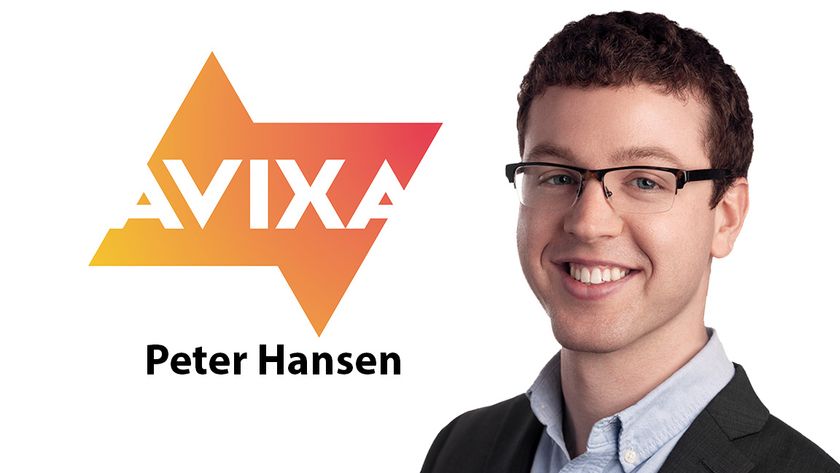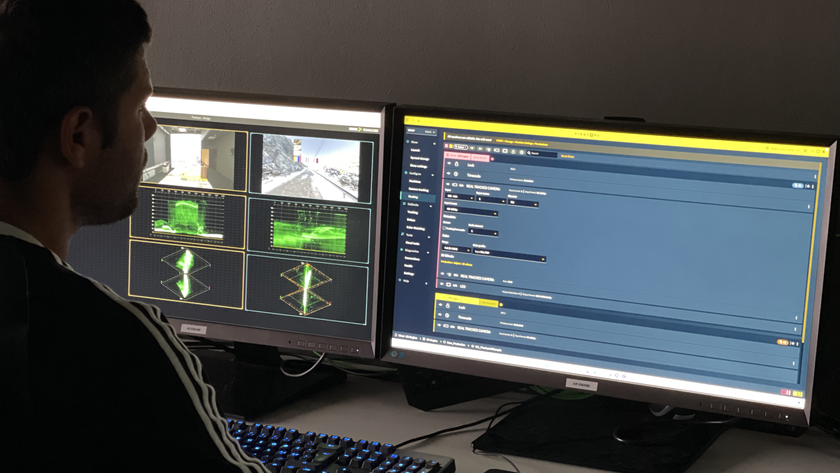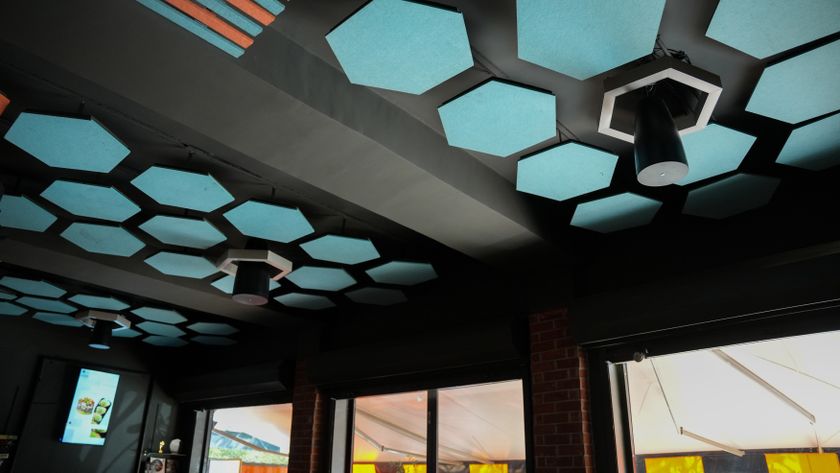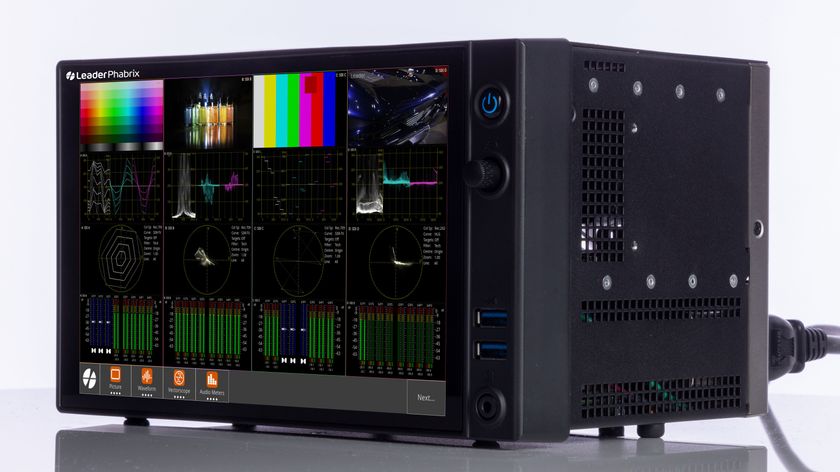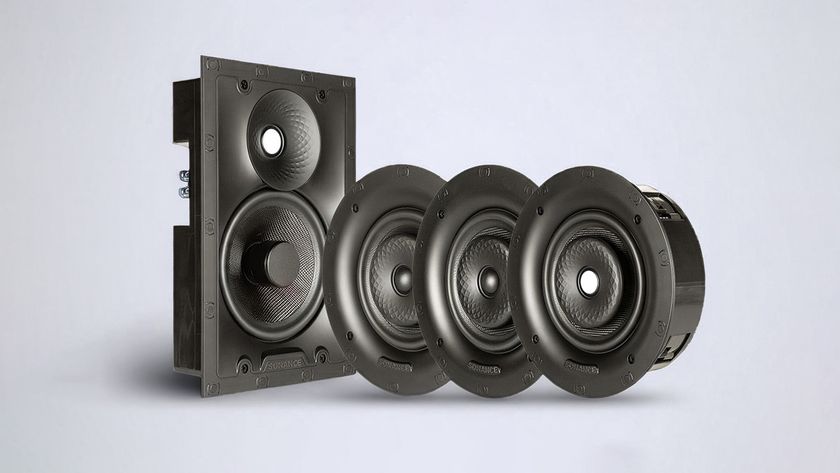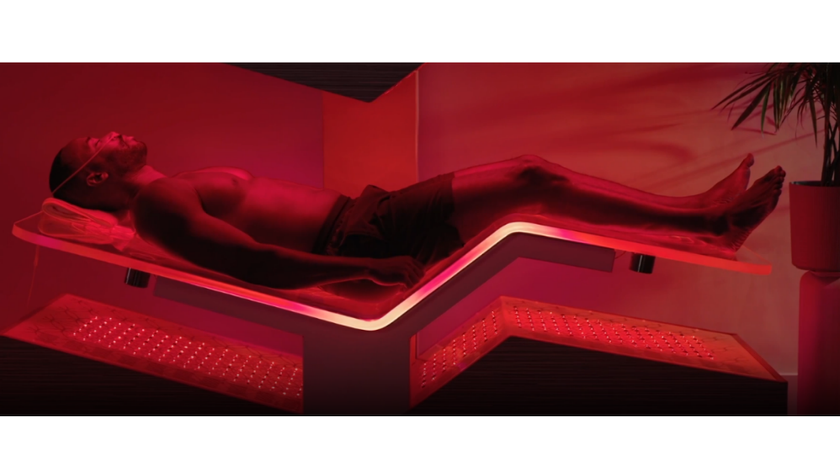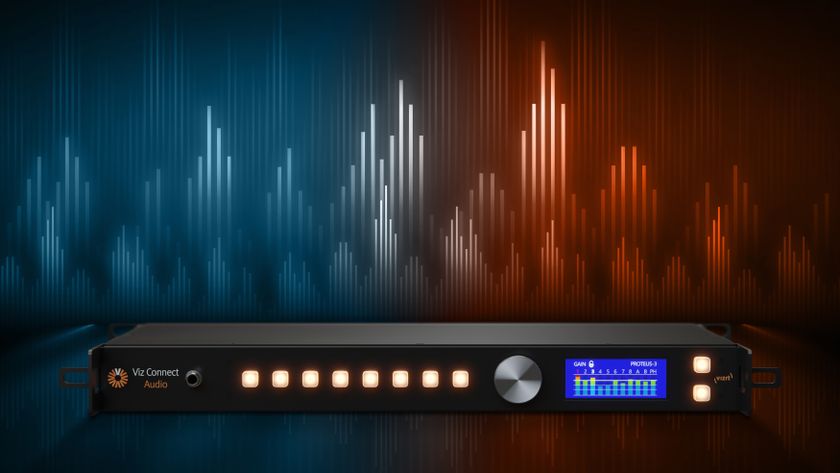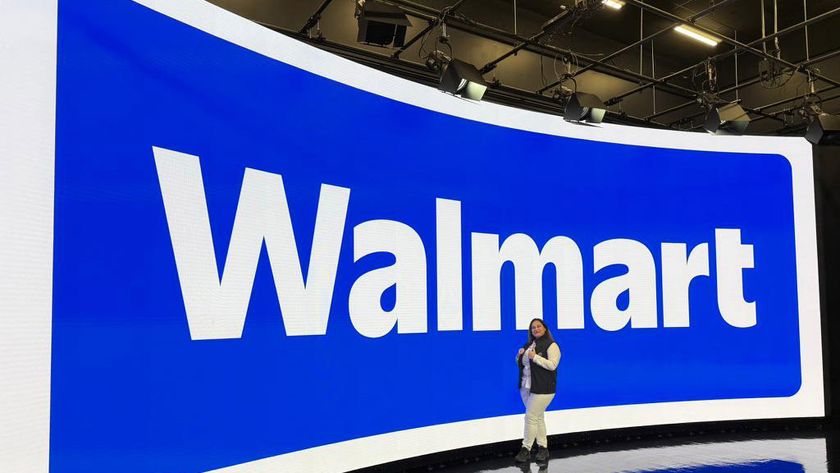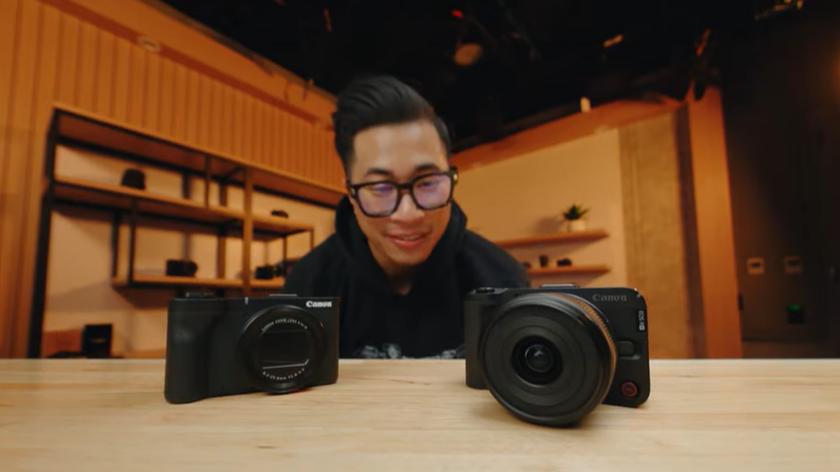Barix is celebrating its 20th anniversary. Over the course of two decades, the Swiss company has grown from a control and automation upstart into a globally recognized Audio over IP firm.
In that time, Barix has shipped nearly one million devices to serve control, streaming, and transport applications for end users, OEM vendors, service providers, and systems integrators.
Current CTO Johannes G. Rietschel founded Barix in 2001 to escape the trappings of corporate operations that slowed his product development ideas, which evolved from standard legacy network components to IT-focused control products by the turn of the century.
“I had spent too much time traveling to tradeshows doing ‘research’ with little to show beyond expense reports,” he said. “My vision was to build a product that would fit the market and adapt to customer requests from there, instead of overthinking. That’s the premise on which Barix was founded.”
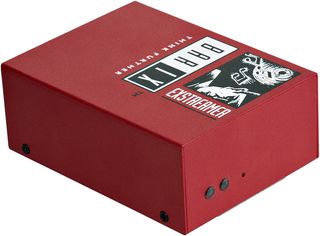
Barix’s roots took shape in residential automation, an area the company remains active in through partnerships with Aiphone, Crestron, and others. Rietschel soon added audio distribution to his vision, introducing products to move voice and music throughout homes. Commercial markets came calling in search of inexpensive ways to move audio and control signals over then-novel IP networks. Barix’s four core product lines were established before long, with hardware devices for voice and intercom (Annuncicom), automation and control (Barionet), and music/audio streaming (Instreamer encoders, Exstreamer decoders).
“Our products are reliable and hold up well over years and even decades, and the more recent generations of our products will have even greater longevity through firmware updates,” Rietschel said. “While we have never been the biggest company, we remain profitable and have made it through 20 years and challenging business environments without ever laying off employees.”
“The loyalty of our customers and our embrace of open standards and creative, programmable IP solutions have been at the foundation of our success to date,” he concluded. “We can now look forward to the next 20 years and beyond.”

